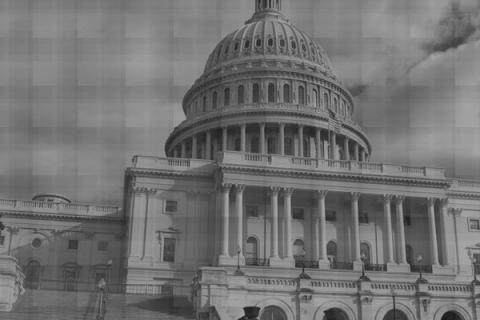The U.S. Supreme Court decided Monday not to review a California Supreme Court ruling from last June that upheld the constitutionality of vehicle stops made by California game wardens to make sure motorists leaving hunting or fishing grounds haven't bagged any wildlife out of season.
By denying review of the ruling, the nation's high court handed California game wardens the authority to conduct vehicle stops without a warrant. While it was the National Rifle Association that joined the defendant's legal counsel in requesting a hearing from the Supreme Court, the ACLU might have had more at stake than the NRA in a case that has more to do with the Fourth Amendment to the U.S. Constitution than the Second Amendment.
The case, Maikhio vs. California, involved a San Diego fisherman named Bouhn Maikhio, who a game warden patrolling a fishing pier spotted reeling in something that the warden suspected might be a lobster. When he stopped Maikhio's car and searched his bag, the warden found a California spiny lobster, and the fisherman was charged with a misdemeanor of catching a lobster out of season.
When Maikhio challenged the vehicle search as unconstitutional, lower courts ruled in his favor, but upon review by the California Supreme Court, the warden's vehicle stop and search were upheld in a unanimous decision. Chief Justice Tani Cantil-Sakauye argued that the minor intrusion of a vehicle stop is outweighed by the need to protect wildlife and preserve it for future generations, arguing that the warden was functioning in the capacity of conservation, not criminal law enforcement.
But does that distinction afford agents of the government the legal authority to ignore the written letter of the law in our nation's Bill of Rights? The Fourth Amendment to the U.S. Constitution says:
"The right of the people to be secure in their persons, houses, papers, and effects, against unreasonable searches and seizures, shall not be violated, and no Warrants shall issue, but upon probable cause, supported by Oath or affirmation, and particularly describing the place to be searched, and the persons or things to be seized."
Preserving wildlife for future generations might very well be an important value, but the role of the judiciary in American government isn't to weigh in on the great moral questions of our day and pontificate from on high that a certain law or amendment doesn't have to be followed if it threatens an important value.
The purpose of the judiciary is to interpret and administer the law. Passing-- or repealing-- laws is the purview of legislators, and repealing laws as weighty and fundamental as amendments to the U.S. Constitution has a special process all its own: the constitutional amendment process, described in Article V of the Constitution-- a description that doesn't include anything about the judiciary repealing amendments it finds objectionable by mere fiat. That would be a usurpation of the legislature's proper role.
If the exercise of the First Amendment somehow threatened wildlife sustainability, would the California Supreme Court give the nod to agents that censored free speech? And then would the U.S. Supreme Court pass on reviewing their decision? Some critics may say this is splitting hairs, but at a time when the Fourth Amendment faces unrelenting assault from our government and the courts seem to let it slide, decisions like this are part of a broader pattern of allowing civil liberties in this country to disappear without a fight.
How is the California Supreme Court's special exception to the Fourth Amendment for threats to our environment legally or morally any different, or less presumptuous, than the U.S. Congress' special exception to the Fourth Amendment for threats to our national security in passing laws like the Patriot Act and 2011's NDAA, or the White House's special exception in signing and executing these laws? Violations of civil liberties are always justified as "special exceptions" and "minor intrusions" that are outweighed by some important value. Grant just one exception and now there's a crack in the foundation of our basic human rights.
Enough cracks, and the foundation crumbles.

